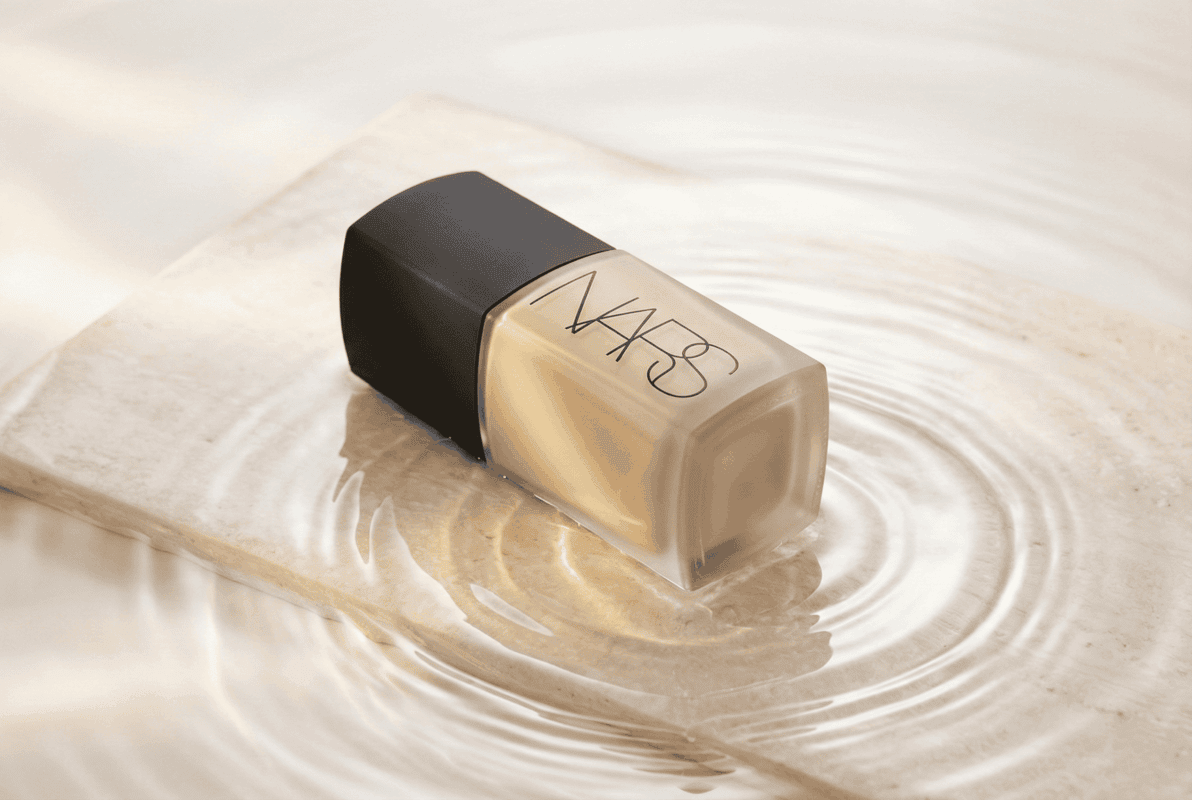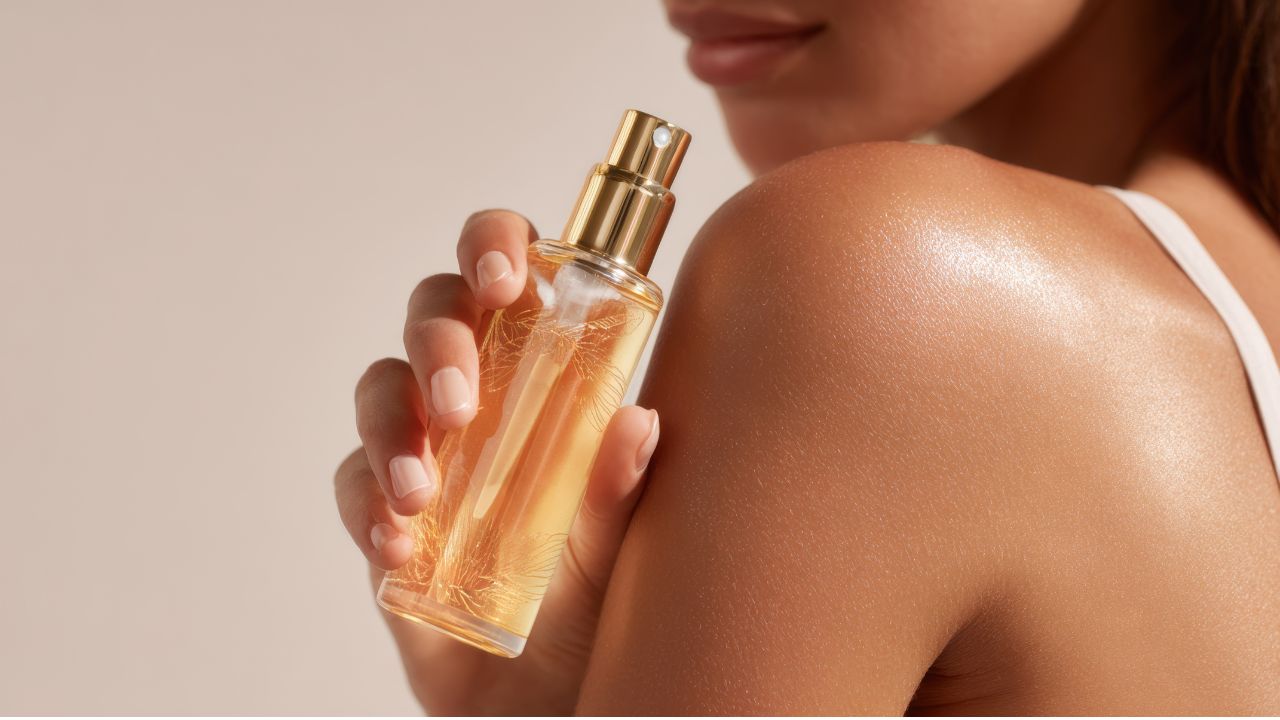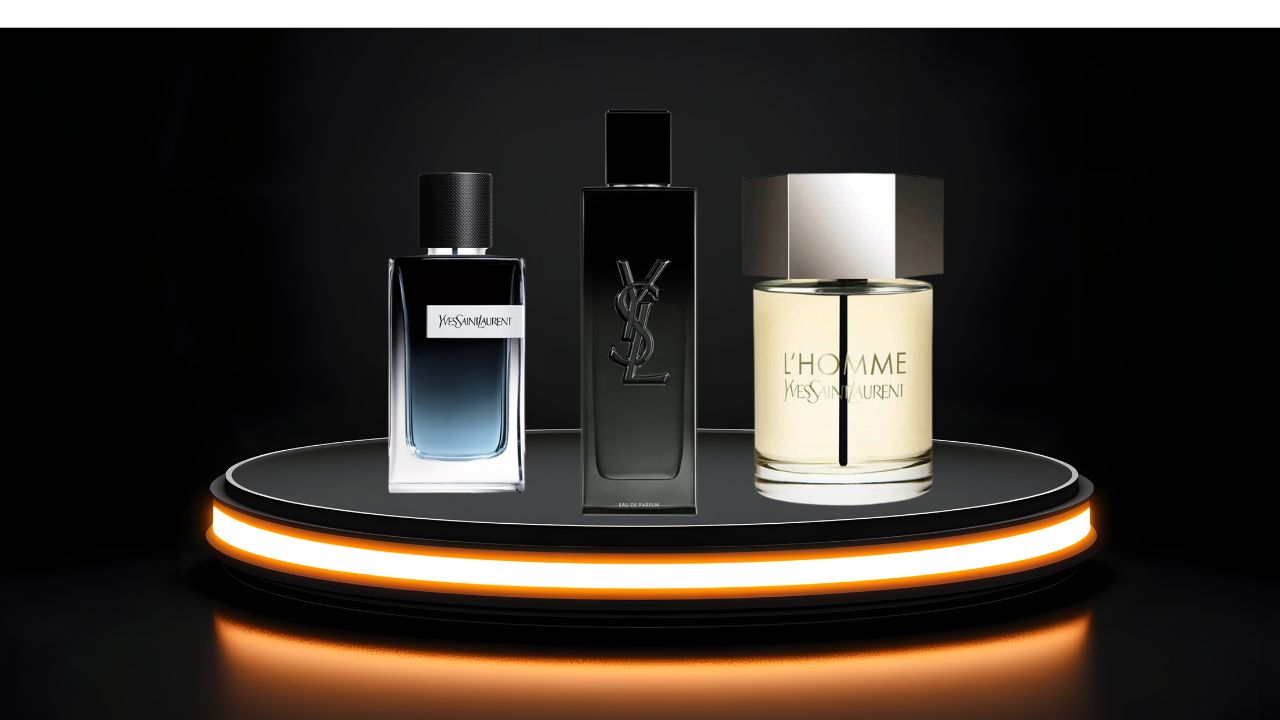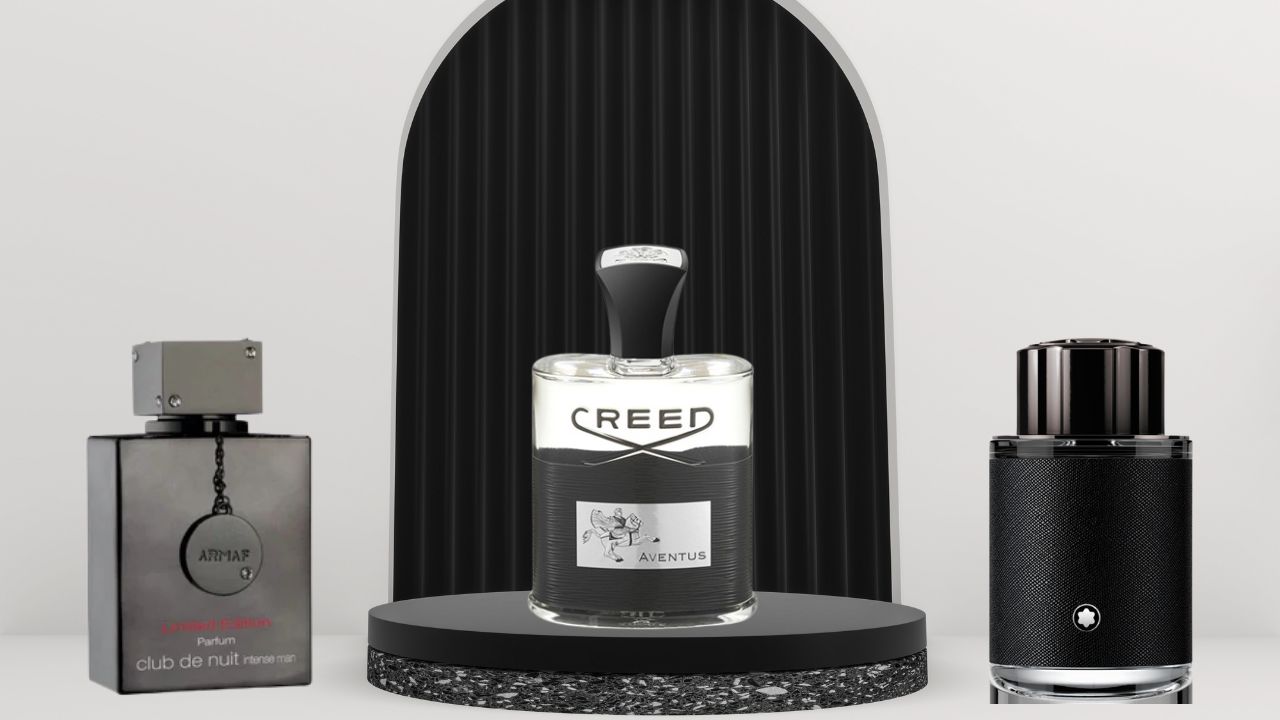Essential Body Care Routine for Sensitive Skin: A Gentle, Effective Approach for Comfort and Radiance
Posted by
Aliesha
0

If your skin protests at the first hint of a new fragrance, reacts to weather changes, or becomes irritated by different body products, you’re part of the sensitive skin community. While this requires thoughtful care, the right routine can help you achieve calm, healthy skin without the frustrating redness and discomfort.
Caring for reactive skin isn’t about accumulating expensive products—it’s about choosing the right formulations and maintaining a consistently gentle approach. This comprehensive guide will walk you through an effective body care routine specifically designed to keep sensitive skin comfortable, hydrated, and irritation-free.
Why Sensitive Skin Demands Extra Care
Sensitive skin is a distinct skin type that definitely requires a little extra love and profound understanding. It tends to react more intensely to common ingredients, daily environmental stressors, and even minor changes in temperature. Understanding why your skin behaves this way is the crucial first step towards calming it. Here’s a detailed look at the underlying reasons:
Compromised Skin Barrier
Sensitive skin often possesses a weak or impaired protective barrier. This outermost layer, the stratum corneum, is crucial for keeping moisture in and irritants out. When it’s compromised, essential hydration escapes faster, and tiny, aggravating substances can sneak in too easily, leading to dryness, itchiness, and inflammation.
Higher Reactivity to Triggers
This skin type is inherently more prone to noticeable inflammation, uncomfortable rashes, and various allergic contact reactions. Its immune responses are often overactive, causing it to perceive even benign substances as threats.
Environmental Sensitivity
External factors play a significant role. Cold air, intense heat, wind exposure, and even fluctuations in humidity can trigger irritation or sudden, uncomfortable flare-ups. This is directly related to the compromised barrier’s inability to adapt.
Product Overload
Using harsh cleansers, abrasive exfoliants, or simply too many different products at once can critically overwhelm the skin. This excessive stimulation can further damage the fragile barrier, making existing sensitivities much worse and creating a cycle of reactivity.
Understanding these specific triggers and underlying mechanisms empowers you to build a protective and soothing skincare routine.
Your Step-by-Step Body Care Routine for Sensitive Skin
Caring for sensitive skin doesn’t have to be complicated or overwhelming. Follow this gentle, step-by-step routine consistently to keep your skin calm, optimally hydrated, and truly irritation-free every single day!
Step 1: Select a Mild, Hydrating Body Cleanser
Your body wash holds immense power; it can either be your skin’s best ally or its worst enemy. Many traditional soaps and body washes are regrettably packed with harsh sulfates (which create excessive foam but strip skin), artificial fragrances (common allergens), and drying alcohol. All these ingredients can severely strip away your skin’s natural protective barrier, leaving it feeling uncomfortably dry, intensely itchy, and prone to noticeable redness.
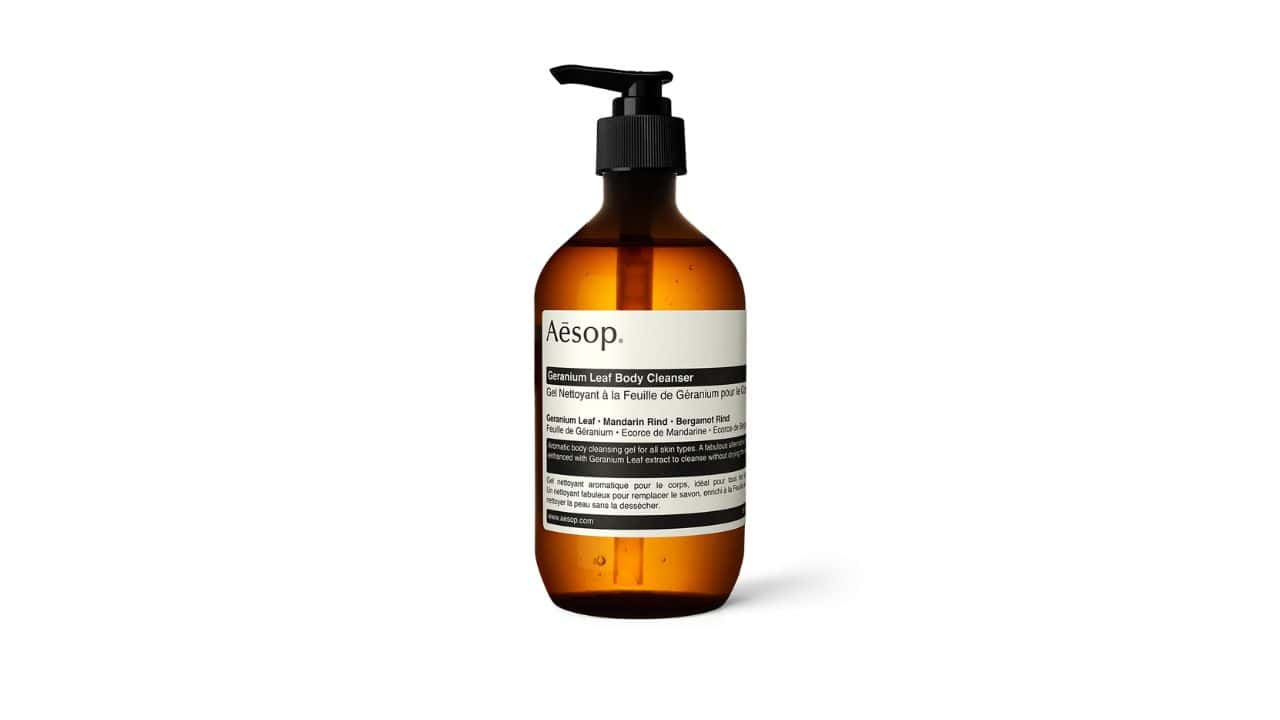
Here’s what to prioritize in an ideal cleanser for sensitive skin:
- Fragrance-Free & Hypoallergenic Formulas: These products are meticulously designed to minimize the risk of allergic reactions and irritation. Always check labels for explicit claims.
- Creamy or Oil-Based Cleansers: Opt for milky, lotion-like, or oil-based formulations. These are much gentler than traditional foamy cleansers, which can be too aggressive and disruptive to your delicate barrier.
- Key Soothing Ingredients: Look for beneficial ingredients like nourishing colloidal oatmeal (renowned for its anti-inflammatory properties), calming aloe vera, or strengthening ceramides (essential lipids that rebuild the barrier) for extra hydration and comfort.
Expert Tip: If your skin consistently feels tight, dry, or uncomfortable right after showering, it’s a clear signal to switch to a gentle, soap-free body wash. Consider trusted brands like Cetaphil, CeraVe, or Physiogel, which offer fantastic options that cleanse effectively without causing any irritation.
Step 2: Embrace Lukewarm Showers & Gentle Drying
A steaming hot shower after a demanding day feels incredibly relaxing, but for sensitive skin, it’s fundamentally damaging. Excessively hot water actively strips away your skin’s protective natural oils, leading to increased transepidermal water loss and leaving it highly vulnerable to irritation.
The simple, effective fix:
- Lukewarm Temperature: Stick to comfortable, lukewarm showers (ideally around 98°F or 37°C), which are much kinder to your skin.
- Short Duration: Keep your showers brief, no longer than 10-15 minutes maximum, to minimize prolonged water exposure.
- Gentle Patting: Always gently pat—never harshly rub—your skin dry with a soft, clean towel. This prevents friction and preserves residual moisture.
Expert Tip: If you enjoy a spa-like bathing experience, consider a soothing milk or oat-infused bath instead. Oats are nature’s remarkable anti-inflammatory powerhouse, famous for calming irritation and locking in vital moisture. Simply toss a modest handful of finely ground colloidal oatmeal into your bathwater and soak for about 10 minutes. Your skin will undoubtedly appreciate this calming treat.
Step 3: Moisturize Immediately & Abundantly
Sensitive skin craves moisture like plants crave sunlight. But here’s the crucial trick—timing matters significantly. Dermatologists strongly recommend the “three-minute rule”: Apply your moisturizer while your skin is still comfortably damp, immediately after bathing. This critical action helps effectively seal in hydration before it quickly evaporates from the skin’s surface, maximizing the product’s efficacy.
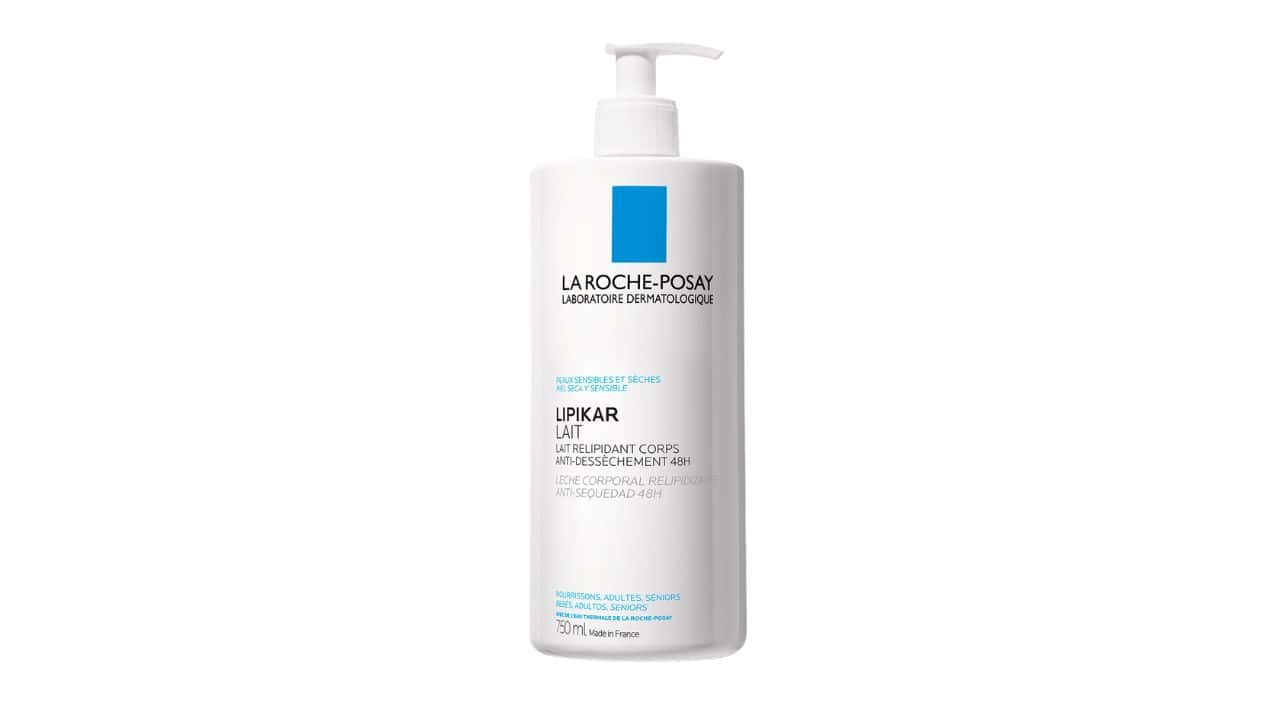
Here are some of the best moisturizer ingredients for sensitive skin, often found in richer creams and ointments:
- Hyaluronic Acid: This is a lightweight yet profoundly hydrating humectant that attracts and holds moisture.
- Ceramides: These vital lipids are natural building blocks of your skin barrier, crucial for strengthening its defensive function.
- Shea Butter: A rich, emollient ingredient that deeply soothes irritation and forms a protective layer to lock in moisture effectively.
- Squalane: It closely mimics your skin’s own natural oils, offering deep, harmonious nourishment without feeling heavy or greasy.
- Oatmeal/Colloidal Oats: Calms inflammation and forms a protective barrier.
Expert Tip: Avoid lotions with any added fragrances, drying alcohol, or essential oils, as these are common culprits that can easily trigger irritation or allergic reactions in sensitive individuals. Instead, opt for thick creams, rich balms, or body butters—the denser and richer the texture, the better it often is for providing robust barrier support and lasting comfort to reactive skin.
Step 4: Exfoliate with Extreme Gentleness
Sensitive skin still requires occasional exfoliation to remove dead skin cells and promote cell turnover, but think of it like meticulously sanding a delicate wooden table—you would never use harsh tools, right? Ditch the grainy, abrasive scrubs and strong chemical peels.
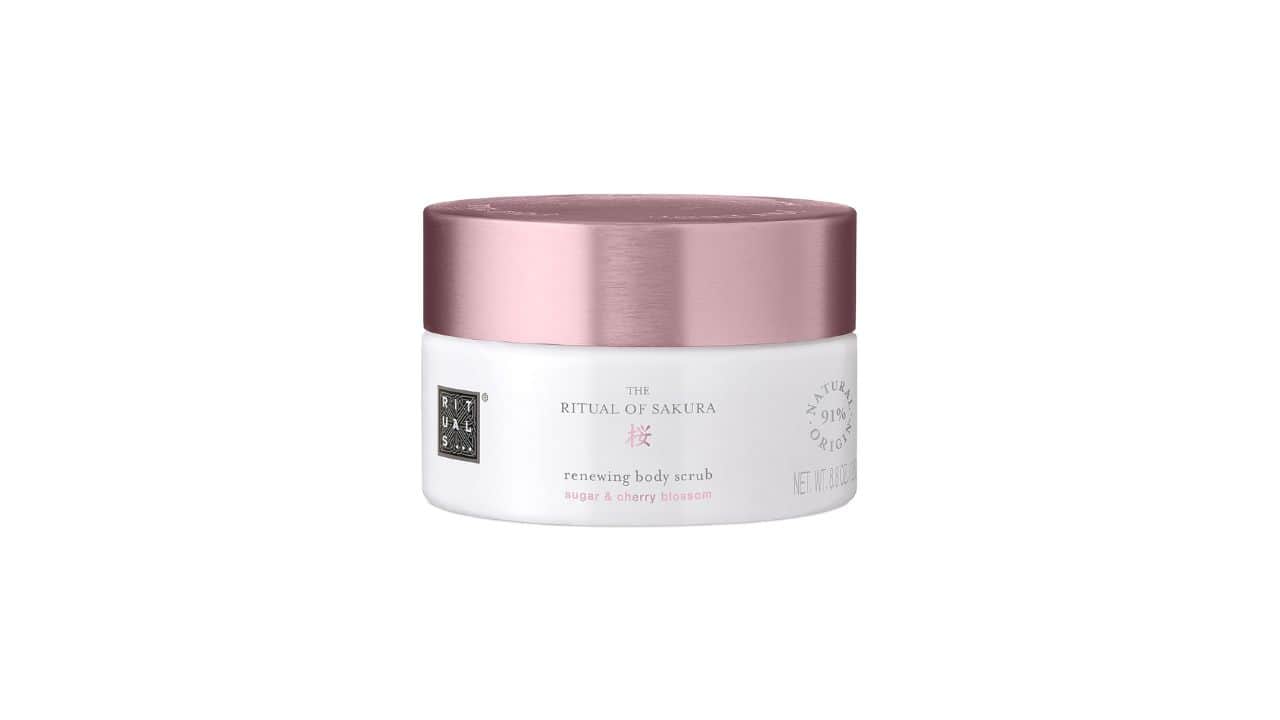
Instead, choose these gentle methods:
- Mild Enzyme-Based Exfoliants: Look for those derived from natural sources like papaya or pineapple enzymes, which gently dissolve dead skin cells without harsh friction.
- Lactic Acid-Based Body Lotions: These products offer the dual benefit of very gentle exfoliation and hydration, making them ideal for sensitive skin.
- Soft Washcloths or Konjac Sponges: Use these instead of rough loofahs or synthetic brushes, which can be too aggressive and damaging to delicate skin.
Expert Tip: Limit exfoliation to just once a week at most to avoid over-sensitizing your skin. If you notice any redness, stinging, or increased discomfort after exfoliating, take an immediate break and focus entirely on soothing hydration and barrier repair instead.
Step 5: Sunscreen Is Absolutely Non-Negotiable
If you have sensitive skin, consistently skipping sunscreen is akin to leaving your valuable phone outside in a sudden rainstorm—damage is almost an inevitable outcome. The sun doesn’t just cause painful sunburns; its UV rays also severely weaken your skin barrier over time, making existing irritation much worse and prolonging flare-ups.
Here are some of the best sunscreen properties to prioritize for sensitive skin:
- Mineral-Based Formulas: Look for sunscreens containing zinc oxide or titanium dioxide. These physical blockers sit harmlessly on top of the skin rather than being absorbed, making them generally less irritating and less likely to provoke a reaction.
- SPF 30 or Higher: Daily use is absolutely critical, even on cloudy days, to ensure constant, broad-spectrum protection against both UVA and UVB rays.
- Fragrance-Free, Non-Comedogenic Options: Always opt for products without unnecessary added fragrances, dyes, or ingredients known to clog pores, as these can easily trigger sensitivity.
Expert Tip: If sunscreen always seems to sting or irritate your skin, try one specifically formulated for babies. These products are rigorously tested to be extra gentle and often feature only mineral filters.
Step 6: Be Mindful of Fabrics & Laundry Detergents
Your body care routine isn’t just about what you apply directly to your skin—it’s also significantly influenced by what touches it throughout the day. The very fabrics you wear and the products you use to clean them can either help keep your skin calm or unfortunately contribute to persistent irritation.
To avoid further sensitivity, stick to breathable, natural fabrics like soft cotton, luxurious bamboo, or smooth silk. These materials allow air to circulate freely and help prevent uncomfortable overheating and excessive sweating, which can lead to chafing and rashes. In stark contrast, synthetic fabrics like polyester and nylon can trap heat and moisture against your skin, leading to discomfort, constant irritation, or even annoying friction rashes.

Another crucial factor is your laundry routine. Many standard detergents contain strong fragrances, irritating dyes, and harsh chemicals that can linger on your clothes after washing and aggravate sensitive skin. Instead, opt for a fragrance-free, hypoallergenic laundry detergent, and completely skip the fabric softeners—they often contain irritating residues that cling to your garments long after washing, continually touching your delicate skin.
Step 7: Hydrate & Nourish from the Inside Out
Skincare isn’t just about what you apply externally; it’s also profoundly about what you consume. Internal factors play a massive role. Dehydration and a poor diet lacking essential nutrients can leave your skin feeling chronically dry, visibly inflamed, and much more reactive to external triggers. For truly calm, happy skin, focus consistently on:
- Healthy Fats: Incorporate beneficial sources like avocados, various nuts, and high-quality olive oil. These are crucial for maintaining the skin’s natural lipid barrier and overall integrity.
- Ample Water Intake: Aim for at least 8 glasses of pure water every single day to keep your skin cells deeply hydrated from within. Proper internal hydration is fundamental for skin health.
- Antioxidant-Rich Foods: Consume plenty of colorful berries, leafy green vegetables, and calming green tea. These foods are packed with antioxidants that help fight systemic inflammation, promoting healthier skin from the inside.
Transform Your Sensitive Skin Care Routine
Caring for sensitive skin isn’t just about avoiding irritation—it’s transformative when you understand the science behind barrier protection and master the gentle techniques that work harmoniously with your reactive skin type. The days of choosing between effective skincare and comfort are over, thanks to innovative formulations that deliver both powerful results and soothing, skin-loving benefits.
The confidence that comes from achieving calm, comfortable skin that feels healthy all day is truly transformative. When your skincare works with your sensitivity rather than against it, it shows in how you feel and present yourself to the world. Sensitive skin mastery isn’t about hiding your reactivity—it’s about creating the most nourished, confident version of your skin.
While understanding the principles of sensitive skin care is essential, having access to high-quality, dermatologist-tested products ensures you can achieve the gentle, effective care that makes sensitive skin management truly successful. With countless skincare brands and formulations available, finding trusted, effective products that deliver both results and comfort for reactive skin can feel overwhelming.
Discover your perfect sensitive skin collection at BeautiNow – your trusted destination for authentic, dermatologist-recommended skincare that delivers professional-quality results and helps you master gentle care that works beautifully with reactive skin.
Why choose Beautinow for your sensitive skin needs:
- Curated selection of authentic skincare products from dermatologist-trusted brands known for gentle, effective formulations
- High-performance sensitive skin products with barrier-repairing ingredients and hypoallergenic technology
- Specialized products for reactive skin concerns, from fragrance-free cleansers to ceramide-rich moisturizers
- Detailed care guides and gentle technique tutorials for mastering sensitive skin routines
- Expert skincare advice and personalized product recommendations based on your specific sensitivity triggers and skin needs
Your reactive skin deserves the superior quality and innovative formulations that only come from professionally developed, dermatologist-tested skincare designed to soothe and strengthen while providing effective care. Experience the difference that authentic, professional-grade skincare can make with BeautiNow’s expertly curated collection of sensitive skin-friendly products – including coveted favorites like CeraVe Hydrating Cleanser, La Roche-Posay Toleriane, and Cetaphil Gentle Skin Cleanser for care that loves your skin back.
Frequently Asked Questions
Q: How long does it take to see improvement in sensitive skin with a new routine?
A: Most people notice initial improvements within 2-3 weeks of consistent gentle care, but significant barrier repair and sensitivity reduction typically takes 4-6 weeks. Be patient and avoid switching products too frequently, as this can actually worsen sensitivity.
Q: Can I use anti-aging products if I have sensitive skin?
A: Yes, but choose carefully. Look for gentle formulations with ingredients like bakuchiol (a natural retinol alternative), low concentrations of lactic acid, or peptides. Always patch test first and introduce new active ingredients one at a time, starting with twice-weekly application.
Q: What’s the difference between sensitive skin and allergic reactions?
A: Sensitive skin typically causes mild irritation, redness, or stinging that develops gradually with product use. Allergic reactions are more severe and immediate, often featuring intense itching, swelling, hives, or blistering. If you experience severe reactions, discontinue use immediately and consult a dermatologist.
About Aliesha
For Aliesha, a fragrance is never just a scent—it is an unspoken emotion and a new chapter in your personal story. With a deep passion for the artistry of niche perfumery, she explores the world of beauty to uncover hidden gems that inspire true self-expression. Aliesha believes that luxury should be an inclusive experience, not an exclusive club. Acting as your knowledgeable guide at Beautinow, she is here to help you curate an authentic collection that reflects who you are—making smart, affordable choices without ever compromising on quality.
View all posts by Aliesha

